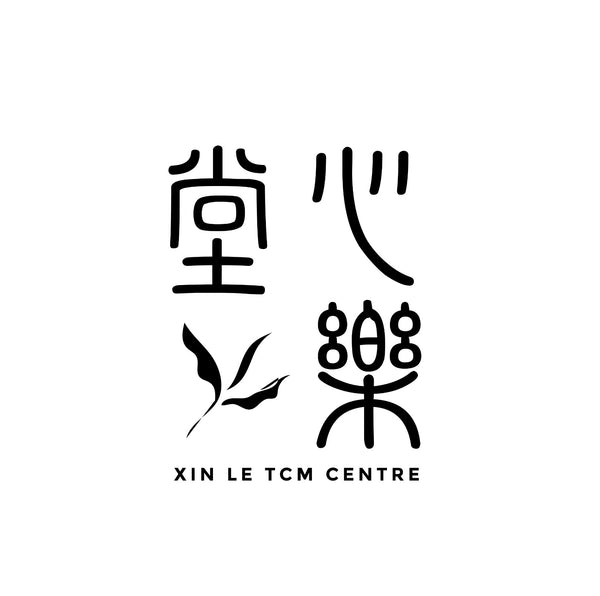In Traditional Chinese Medicine (TCM), internal imbalances like dampness and phlegm are significant factors affecting fertility and overall well-being. Dampness can cause your body to retain excess water, leading to various symptoms that may disrupt the reproductive system. This blog explores how TCM views dampness and phlegm, their causes, common signs and symptoms, and how uterus care treatments in TCM can help you regain balance and vitality.

Understanding Dampness and Phlegm in TCM
Dampness is an imbalance caused by excess water trapped in the body. It occurs when the body fails to eliminate this excess water, causing it to accumulate, become more viscous, and eventually transform into dampness and phlegm. As TCM explains, “The formation of dampness and phlegm is from the spleen, the root of the phlegm exists in the kidney.” The most common cause is a weak spleen and stomach, which, when unable to digest properly, lead to the generation of phlegm-dampness. This accumulation of dampness stagnates the flow of qi and blood, creating blockages in the body, especially in the reproductive system. Over time, this can contribute to conditions like painful periods, pelvic inflammation, PCOS (polycystic ovarian syndrome), and infertility.

How Does Dampness and Phlegm Affect Fertility?
Phlegm-dampness is a common cause of uterine blockages and infertility. It can lead to qi stagnation and blockages in the uterus and ovaries, restricting blood flow to the endometrium and impeding the implantation of a fertilized ovum. In severe cases, dampness can cause blocked fallopian tubes, impacting ovulation.
Dampness and phlegm are known contributors to women’s fertility health issues such as PCOS, fibroids, endometriosis, pelvic inflammatory disease, and excessive vaginal discharge. Additionally, they may also affect male fertility by accumulating in reproductive organs, obstructing the flow of qi and blood to sperm, thus lowering sperm quality, causing sperm abnormalities, thicker semen, and potential DNA damage.

Dampness and Phlegm: Signs and Symptoms
- Delayed or Short Periods – Often accompanied by minimal bleeding, dark, sticky blood can indicate dampness affecting menstrual flow.
- Lethargy or Heaviness – Feelings of fatigue and a general sense of heaviness are common.
- Swollen or Puffy Face and Limbs – Dampness often results in fluid retention, leading to puffiness, especially in the face and limbs.
- Weight Gain and Loss of Appetite – Digestive stagnation from dampness can contribute to weight gain and reduced appetite.
- Heavy Vaginal Discharge – Excessive discharge can signal dampness in the lower body.
- Imbalanced Ovulation – Dampness may contribute to irregularities in the ovulation process.
- Irritable Bowel Syndrome (IBS) – Digestive symptoms like bloating, discomfort, and irregular bowel movements are also signs.

How Does TCM Help?
-
Acupuncture and Moxibustion
TCM uses specific acupuncture points to help clear water, reduce swelling, and eliminate phlegm-dampness. For instance, Zu San Li strengthens spleen and stomach functions, while Qu Chi helps expel damp-heat and wind-damp from the body. -
Herbal Medication
Many Chinese herbs are effective in clearing dampness and phlegm by promoting urination, inducing sweating, and invigorating spleen and stomach functions to improve digestion and absorption. Common herbs for dampness include Bai Zhu, Poria, Barley, Qian Shi, and Chinese Yam. -
Uterus Care Treatment
TCM’s Uterus Care Treatment helps to circulate qi and blood, strengthen the spleen and stomach functions, and eliminate phlegm-dampness effectively. It directly supports reproductive health and addresses fertility issues arising from dampness.
Tips to Manage Dampness and Phlegm
-
Have Breakfast Between 7 a.m. and 9 a.m.
TCM suggests eating breakfast between 7 a.m. and 9 a.m. to align with stomach meridian time, promoting optimal digestion and transformation of food. -
Avoid Eating Too Fast or Overeating
Thoroughly chewing food aids digestion, while overeating can lead to food stagnation, impairing the digestive system and generating phlegm-dampness. -
Incorporate Uterus Care Treatment Regularly
Acupuncture in uterus care supports the spleen and stomach functions, helping to reduce phlegm-dampness and maintain reproductive wellness. -
Consume Foods that Help Clear Dampness and Phlegm
Foods like Chinese yam, tangerine peel, barley, fava beans, asparagus, ginger, and poria are effective for reducing dampness and phlegm. Avoid greasy, fatty foods, dairy, sugary treats, and excessive cold drinks, as they may exacerbate dampness.
Managing dampness and phlegm is crucial for your health. By recognizing the signs and exploring TCM treatments, you can restore balance in your body. For personalized solutions to your health concerns, contact us today!

